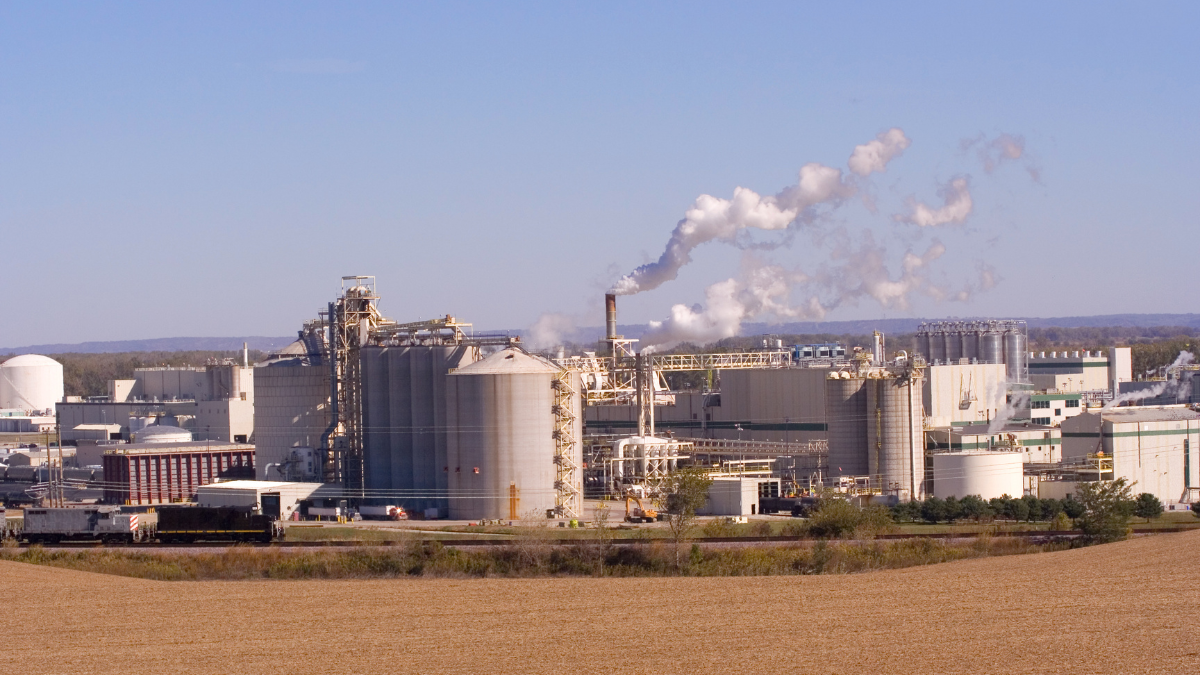Build biorefineries and let the natural world power Mexico’s economy
Mexico could grow its economy while saving the planet by building biorefineries that can turn seaweed, sugar cane, cooking oil and even vegetable peel into fuel and pharmaceuticals.

Now, the country needs a new ‘bioeconomy plan’ to unlock its potential, according to a large study from the University of Surrey and Mexico’s Instituto Mexicano del Petroleo.
There are plenty of reasons to prefer biological material from agricultural, forestry or municipal waste over fossil fuels. Plants are renewable and absorb carbon dioxide while they grow.
Yet, biofuels are just one of many ways to replace fossil fuels in the chemical industry. For example, Mexico could produce 20 million tonnes of seaweed a year. This can be used to extract proteins and chemicals for making shoes, packaging or face cream.
The key is to build biorefineries – large plants that turn organic matter into chemicals.

The more products made in the same facility, the better for the environment and the economy. Even better – they could generate energy and heat at the same time.
A biorefinery producing 220 kilotonnes per annum costs about the same as a petrochemical facility: $750 million.

Now, Mexico needs a national bioeconomy plan – removing barriers to make that investment work. The plan should carefully choose which plants to make into which chemicals – so the industry can be as sustainable and profitable as possible.
The research is published in the Journal of Cleaner Production, and helps promote UN Sustainable Development Goals 8 (decent work and economic growth), 9 (industry, innovation and infrastructure), and 12 (responsible consumption and production).
Media Contacts
External Communications and PR team
Phone: +44 (0)1483 684380 / 688914 / 684378
Email: mediarelations@surrey.ac.uk
Out of hours: +44 (0)7773 479911
